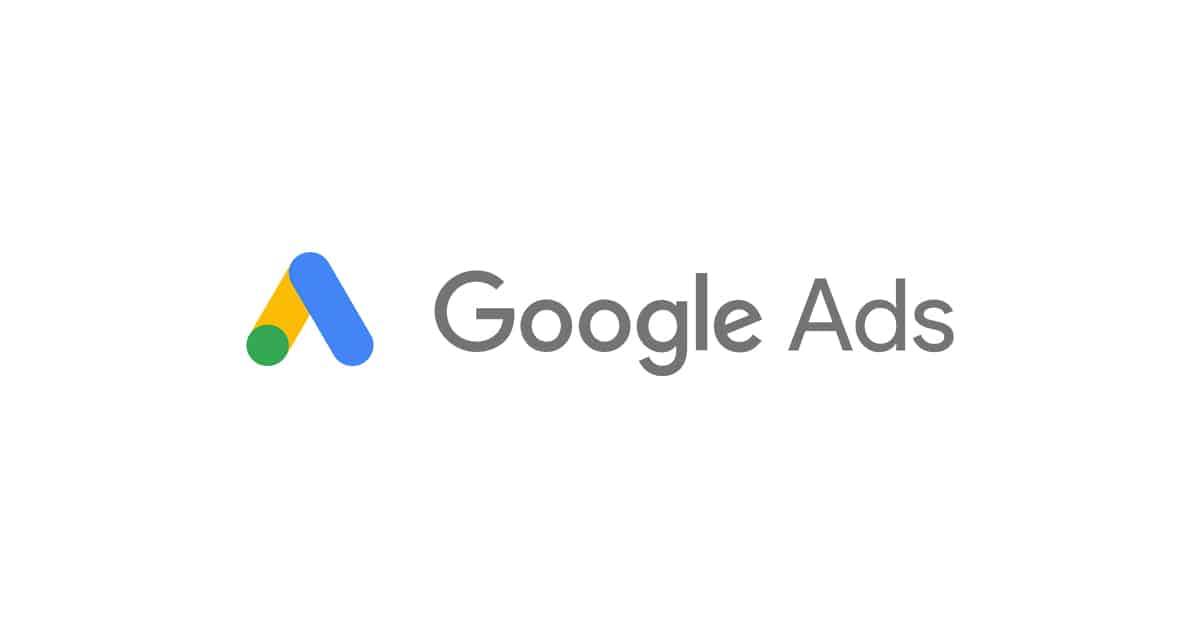Introduction
Google Ads, formerly known as Google AdWords, is a powerful advertising platform that allows businesses to reach their target audience through paid search, display, and video ads. While Google Ads can be a highly effective tool for businesses to promote their products and services, some argue that it gives certain advertisers an unfair advantage. In this blog post, we will explore the concept of unfair advantage in Google Ads and discuss potential solutions to level the playing field.
The Concept of Unfair Advantage
Unfair advantage in Google Ads refers to the notion that some advertisers have an advantage over others due to factors beyond their control. These factors can include larger budgets, better ad placement, or access to more advanced targeting options. This perceived imbalance can lead to smaller businesses or advertisers with limited resources feeling disadvantaged and struggling to compete.
Solutions to Level the Playing Field
1. Improve Transparency
One way to address the issue of unfair advantage is to improve transparency in Google Ads. By providing advertisers with more detailed information about how ads are ranked and displayed, businesses can have a better understanding of the factors influencing their ad performance. This increased transparency can help level the playing field by allowing advertisers to make informed decisions and optimize their campaigns accordingly.
2. Enhance Ad Quality Guidelines
Google Ads already has guidelines in place to ensure that ads are relevant and useful to users. However, enhancing these guidelines can further prevent advertisers from gaining an unfair advantage. Stricter enforcement of ad quality guidelines can help ensure that all ads meet the same standards, regardless of the advertiser’s budget or resources. This approach promotes fairness and ensures that users are presented with high-quality ads that align with their search queries.
3. Expand Targeting Options
Expanding targeting options can also help level the playing field in Google Ads. By providing advertisers with a wider range of targeting options, businesses of all sizes can reach their desired audience more effectively. This can include options such as demographic targeting, interest-based targeting, or even location-specific targeting. By diversifying the available targeting options, smaller businesses can compete with larger advertisers on a more equal footing.
4. Provide Support for Small Businesses
Google can play a crucial role in leveling the playing field by providing support specifically tailored to small businesses. This can include educational resources, training programs, or even subsidized advertising credits for qualifying businesses. By empowering small businesses with the knowledge and resources they need to succeed in Google Ads, the platform can help bridge the gap and create a more equitable advertising landscape.
5. Encourage Innovation
Encouraging innovation within Google Ads can also contribute to leveling the playing field. By regularly introducing new features and tools, Google can provide advertisers with fresh opportunities to differentiate themselves and reach their target audience. This approach ensures that advertisers with limited budgets can still compete by leveraging innovative ad formats, creative messaging, or unique targeting strategies.
Conclusion
While some argue that Google Ads gives certain advertisers an unfair advantage, there are potential solutions to level the playing field. By improving transparency, enhancing ad quality guidelines, expanding targeting options, providing support for small businesses, and encouraging innovation, Google can create an advertising platform that promotes fairness and equal opportunities for all advertisers. Ultimately, by addressing the issue of unfair advantage, Google Ads can continue to be a valuable tool for businesses to connect with their target audience and achieve their advertising goals.

